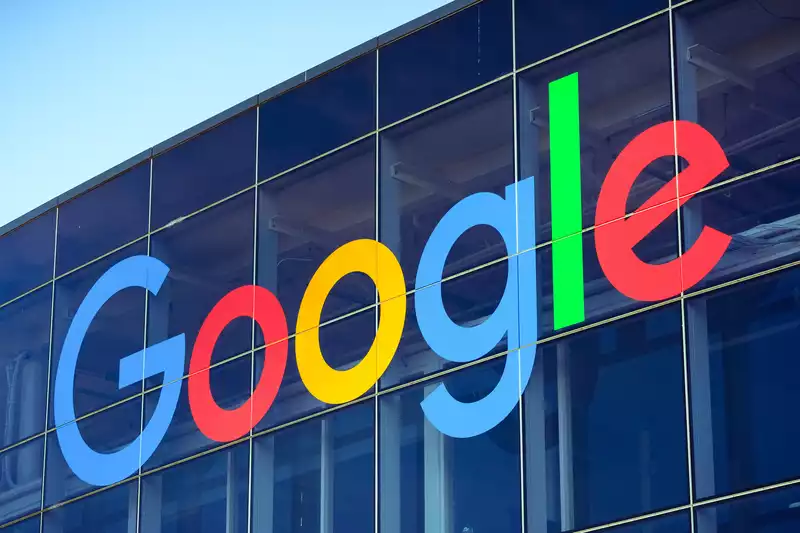Google has released a new app for Android devices. The app allows cell phones to connect to each other over distances much greater than Bluetooth, making it possible to send messages and transfer large amounts of data without an Internet connection.
However, the app released by the company is only a demonstration of one feature: being able to know exactly how far away two devices are from each other. The new app, called WifiNanScan, is primarily for developers to test, but it shows how Neighbour Awareness Networking (NAN) works.
As reported by 9to5Google, this particular app can measure the distance between two devices, as well as the phone can be either the issuer or the subscriber. This simple app allows people to choose which role they want to play, detecting their proximity to each other as well as allowing messages to be exchanged.
When a publisher launches a particular service (in this case, the WifiNanScan app), it would inform potential subscribers who are within Wi-Fi range that it is available. So, for example, if a teacher is sitting in a classroom and a student running a school-approved app enters the room, they can connect together and exchange messages. Alternatively, an ad hoc network could be created without a Wi-Fi access point. Devices can be both public and subscribed at the same time.
The potential for such services is enormous; examples cited by the Wi-Fi Alliance include playing games with friends without access to the Internet and listening to music on multiple devices simultaneously. It could also provide a means for autonomous vehicles to communicate with each other and share important information. They could help alert cars to nearby accidents or hazards, or help manage traffic flow to ease congestion.
There are, of course, ethical and security issues to consider here. Test apps are certainly very clear, but will this also be the case when such services are deployed in third-party apps? We will keep a close eye on how this technology evolves.










Comments